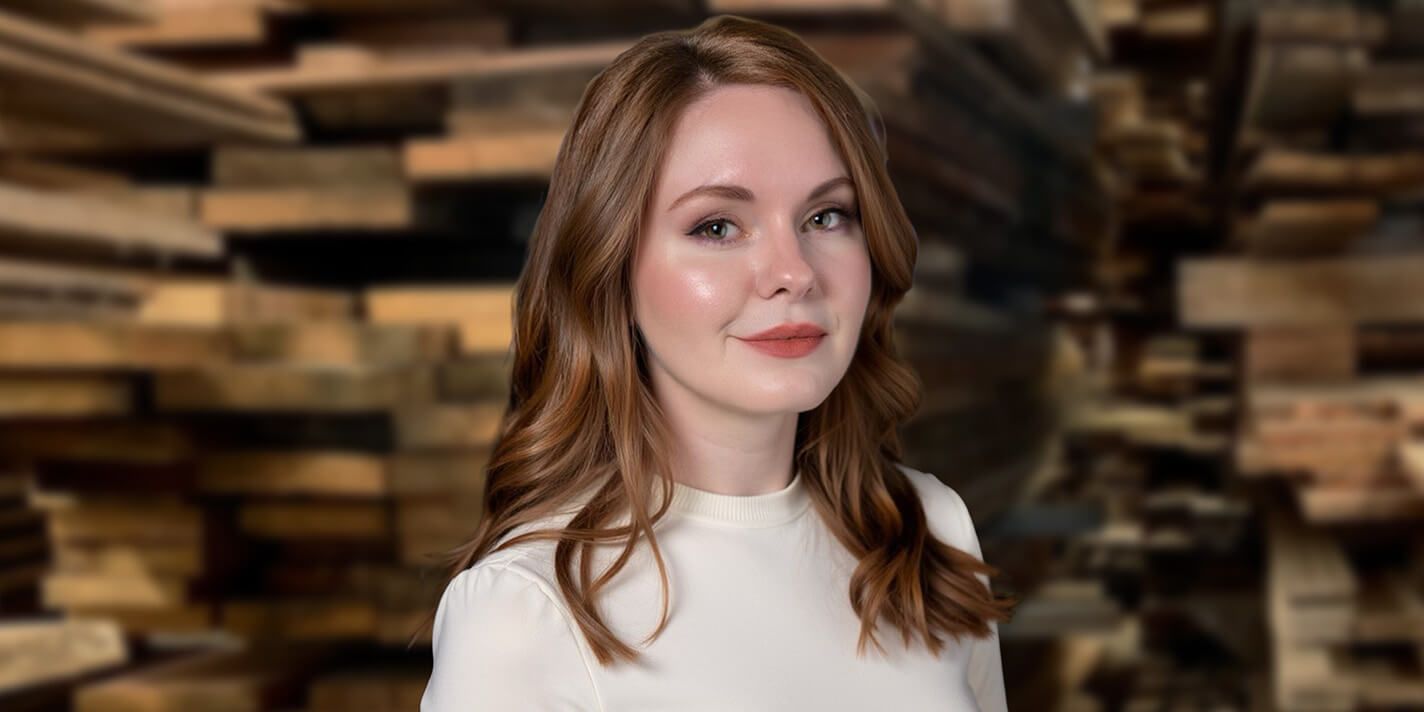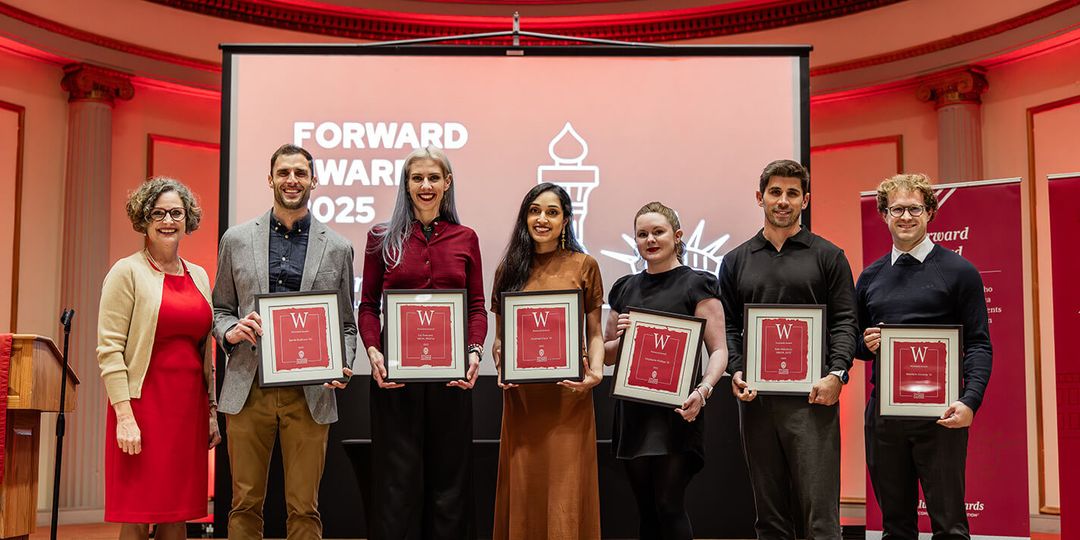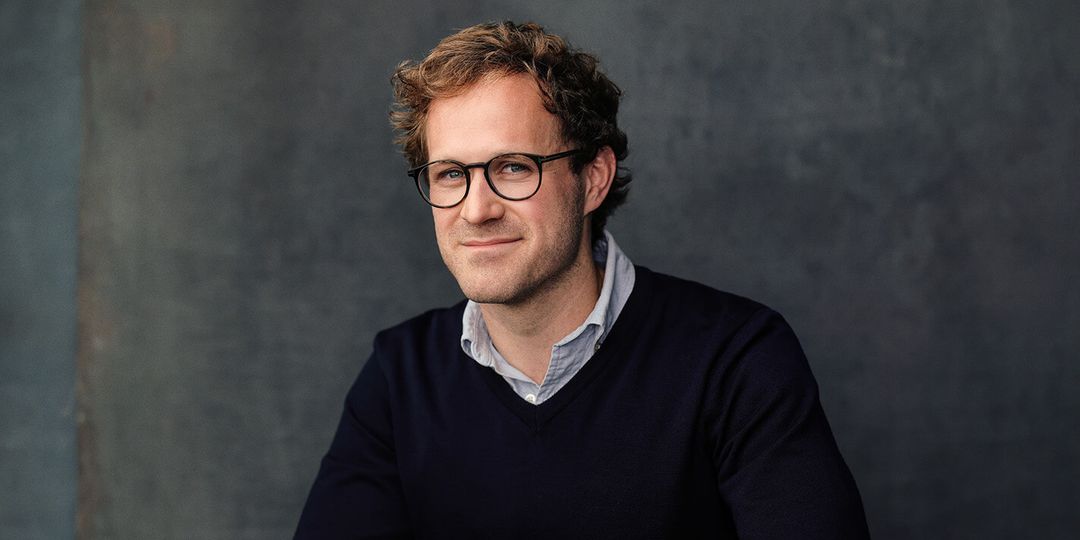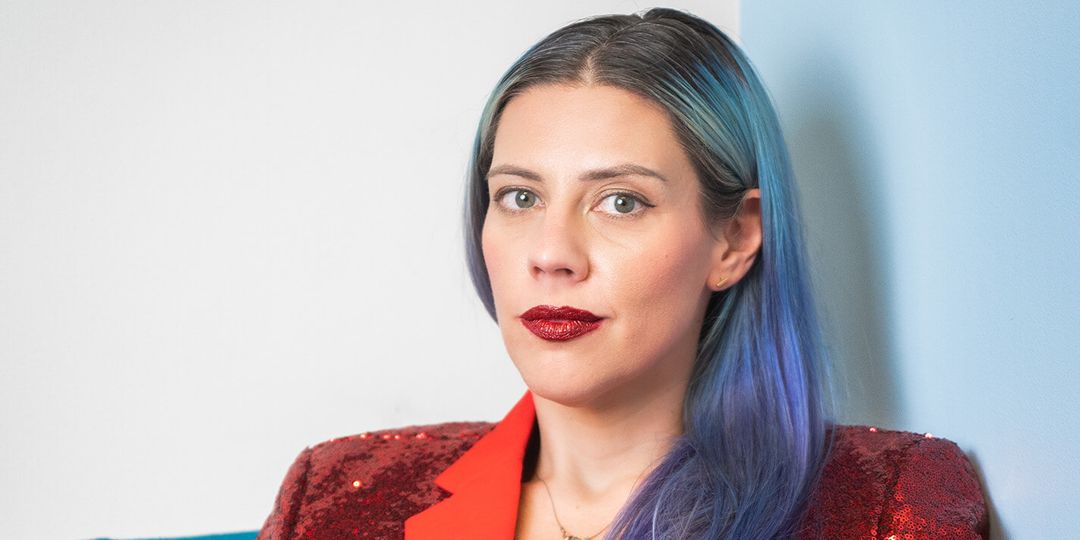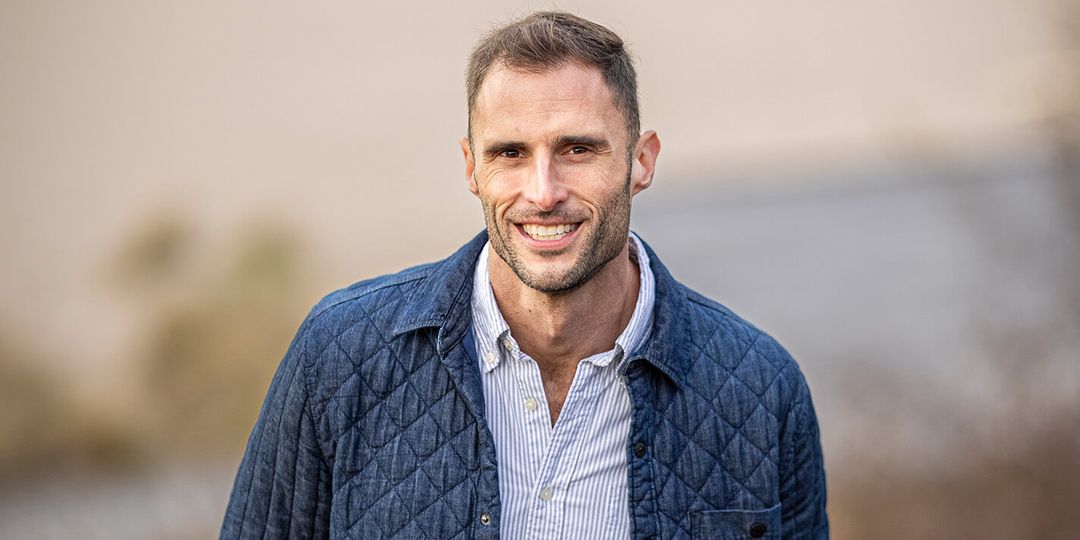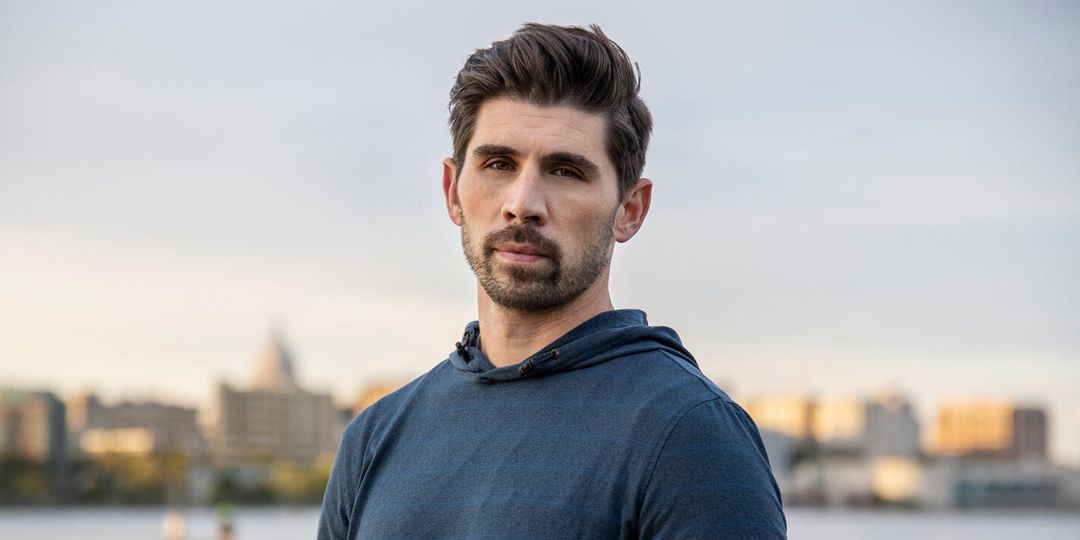Senior Program Manager, Deconstruction and Circular Economy, City of San Antonio Office of Historic Preservation; Cofounder and Executive Board Member, Circular San Antonio
UW Major: Interior Design (now Interior Architecture)
Stephanie Phillips ’12 is carrying forward a proud UW–Madison tradition of leadership in sustainability following in the footsteps of alumni who have reimagined how we live with and care for the natural world.
As senior program manager of Deconstruction and Circular Economy for the City of San Antonio, Phillips leads policy work to reduce waste, support affordable housing, and generate green jobs. She helped design and now leads the city’s pioneering deconstruction ordinance, which has diverted more than 500 tons of reusable construction materials from landfills in two years. She’s also the cofounder of Circular San Antonio, a nonprofit that advances grassroots circular economy efforts through hands-on projects, public education, and experiential learning with a focus on transatlantic partnerships.
A circular economy keeps materials in use and out of landfills as long as possible — through reuse, repair, and thoughtful design. In its first year, Circular San Antonio has launched pilot projects, such as a bus-stop shade structure made from reclaimed materials, and has organized multiple international sustainability delegations focused on connecting professionals from the United States and Canada with leading experts in cities like Copenhagen and Zurich.
Phillips didn’t plan to work in this area, mostly because the discipline didn’t exist as formally just a decade ago. Even her current position was uncharted territory: it was a new role in a field just starting to take shape. She credits her experiences as an interior architecture student in UW–Madison’s School of Human Ecology for shaping her approach.
“A lot of what I bring to the world was cultivated at the UW,” she says, “curiosity and wanting to connect the dots and break down silos between industries.”
Inspired in part by the historic architecture on and around UW–Madison’s campus, Phillips later earned a master’s degree in historic preservation from the University of Texas–Austin. With that additional expertise, she now bridges material reuse with cultural heritage, community development, and economic opportunity.
The goal of reducing waste and prioritizing reuse is nothing new. But Phillips is building modern systems — policy-driven, equity-centered, and designed for scale — and breathing new life into the environmentalism championed by Badgers like John Muir x1863, Aldo Leopold, and Gaylord Nelson LLB’42.
She recalls picking up on the UW’s environmental ethos as a student, seeing John Muir’s quotes on the wall at Union South while working as a new-student leader at SOAR (Student Orientation, Advising, and Registration) and appreciating the balance of built and natural spaces, from Picnic Point to the Memorial Union. (Today, Phillips keeps a growing collection of miniature, special-edition Terrace chairs at her desk.)
When faced with the growing urgency of climate change and the strain on the planet’s dwindling resources, she and her team are motivated by the promise of a better future that’s still within reach.
“Sort of like the 1970s, when recycling seemed almost radical, . . . I think a few decades from now we’ll look back and think, ‘I can’t believe we ever struggled to adopt these policies or programs,’ ” she says. “What keeps me going is hope and bold optimism.”
